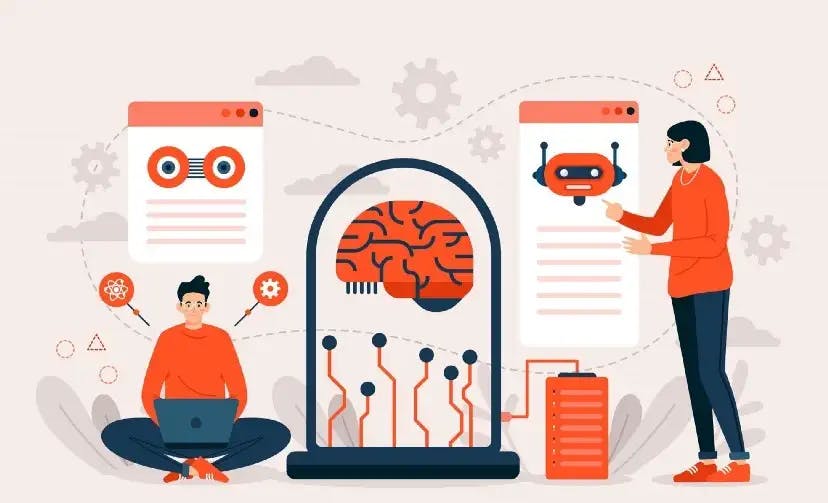Table of contents
Introduction:
ChatGPT is a natural language processing (NLP) model developed by OpenAI. It is based on the GPT-3 language model, which is one of the largest and most powerful language models currently available.
Use cases (for common people):
Customer service chatbots: ChatGPT can be used to build chatbots that can answer customer questions and provide assistance in a natural, human-like way.
Social media chatbots: ChatGPT can be used to build chatbots that can engage with users on social media platforms and respond to comments and messages naturally.
Virtual assistants: ChatGPT can be used to build virtual assistants that can help users with tasks like scheduling appointments, sending emails, and more.

Capabilities:
Generating natural-sounding text: ChatGPT can generate text that sounds similar to how a human would write or speak, making it useful for applications where natural language generation is important.
Handling context and conversation: ChatGPT can keep track of a conversation and generate text based on previous statements, which makes it useful for applications like chatbots where context is important.

Limitations:
It is not able to understand the meaning of words in the same way that a human does: While ChatGPT can generate text that sounds similar to how a human would write or speak, it does not have a deep understanding of the meaning of words and concepts.
It may generate text that is inappropriate or offensive: ChatGPT is trained on a large dataset of text from the internet, which means that it may generate text that is inappropriate or offensive. It is important to monitor and filter the output of ChatGPT to ensure that it is appropriate for your intended audience.
Overall, ChatGPT is a powerful tool for generating text in a conversational context, but it is important to be aware of its capabilities and limitations when using it.

